New Circular Economy Package targets mineral recycling and trade in secondary raw materials
The European Commission (EC) has recently adopted what it calls an “ambitious” new Circular Economy Package in order to propel Europe towards a circular economy.
The initiative, driven by a team headed by First Vice-President Frans Timmermans and Vice-President Jyrki Katainen, will receive funding of over €650m from Horizon 2020, and €5.5bn from structural funds.
While a laudable move all round, of significance for the industrial minerals sector will be at least two items listed as key actions:
- Development of quality standards for secondary raw materials to increase the confidence of operators in the single market
- Measures to promote reparability, durability and recyclability of products, in addition to energy efficiency
Also of interest will be a revised regulation on fertilisers, to facilitate the recognition of organic and waste-based fertilisers in the single market and support the role of bio-nutrients.
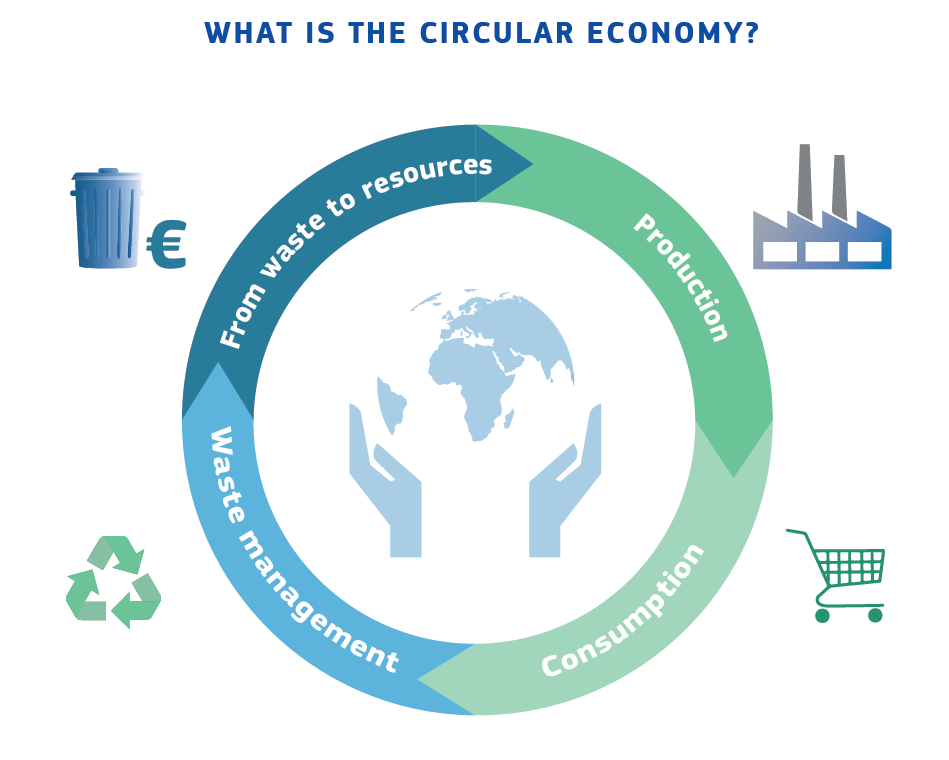
The Circular Economy, a win-win situation: savings of €600bn for EU businesses; 580,000 jobs; EU carbon emission reduction of 450m tpa; and a mineral recycling boom.Courtesy EC.
“Industrial symbiosis”
Perhaps the greatest interest will surround Revised Legislative Proposals on Waste: this issue is of particular import to almost any processor or recycler involved in handling industrial waste, since regulations and permitting on waste handling and on facilities reprocessing waste remain a minefield with wide variations across the EU.
To ensure effective implementation, the EC’s waste reduction targets in the new proposal are to be accompanied by “concrete measures to address obstacles on the ground and the different situations across Member States”– if the EC delivers on this, it will be most welcome.
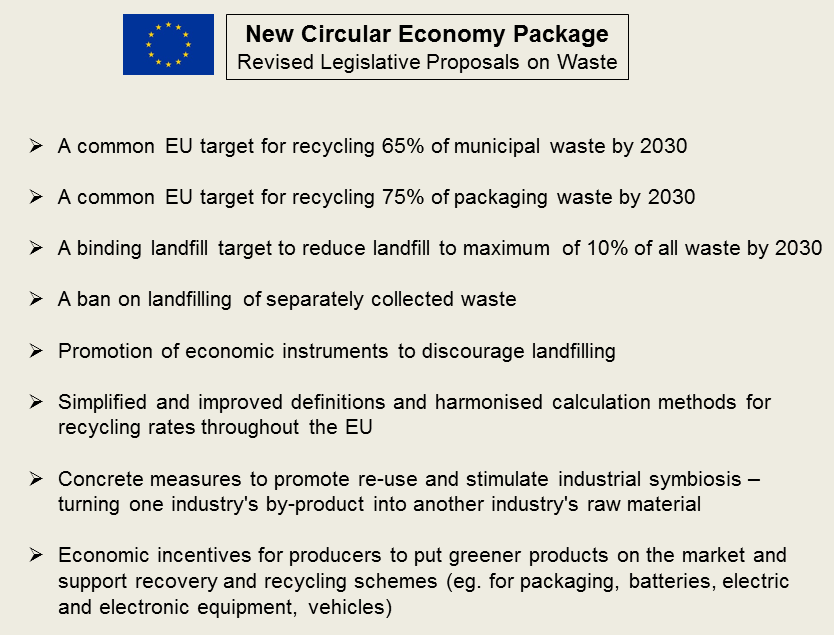
At the recent UNITECR 2015 refractories conference in Vienna, Melvyn Bradley, Technical Director, LKAB Minerals Ltd, UK told IMFORMED: “EU regulations on dealing with waste products are of particular importance to the future of recycling.” LKAB is active in recycling waste refractories and opened a new plant in Moerdijk, the Netherlands in May 2015.
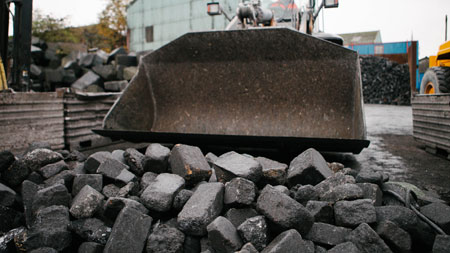
Spent refractory bricks are a key source of secondary refractory raw materials. Courtesy LKAB Minerals
LKAB Refractories, along with RHI, Deref, Acciai Speciali Terni, and Secopta, will all be discussing the latest trends and developments in recycling refractories at Mineral Recycling Forum 2016, 14-15 March 2016, Rotterdam. Register now for Early Bird Discounts.
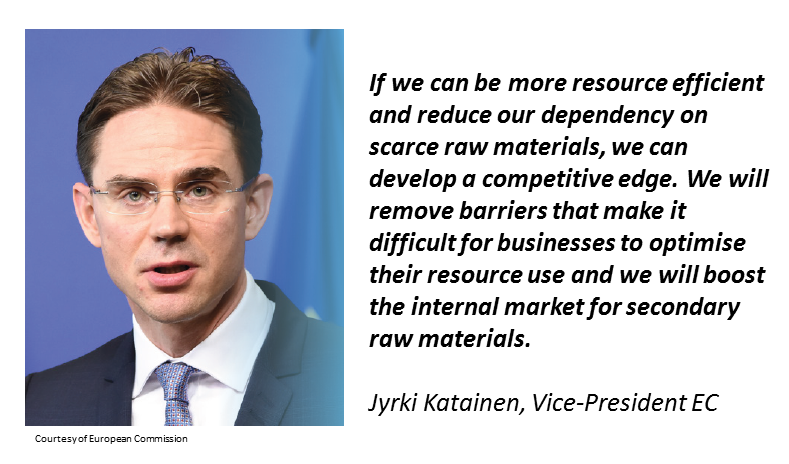
Another EC initiative is to facilitate the cross-border circulation of secondary raw materials through the use of an electronic data exchange, while also supporting an EU-wide research on raw material flows through the Raw Materials Information System.
Mineral Recycling Forum 2016
Under the new Circular Economy Package, proposed measures are to include the promotion of re-use and stimulation of “industrial symbiosis” – the turning of one industry’s by-product into another industry’s raw material, ie. the creation of Secondary Raw Materials.
Industrial symbiosis is precisely the underlying theme of IMFORMED’s upcoming Mineral Recycling Forum 2016, 14-15 March 2016, Rotterdam, where the focus is on the supply chain, processing and market application of products processed from industrial wastes.
A panel of leading experts are to examine and discuss the recycling of spent refractories, fly ash, steel slag, aluminium salt slag, silica fume and waste water – with the common theme of supplying industrial mineral markets with a secondary raw material.
EC and IMA-Europe representatives will also be explaining the strategy, objectives, and timelines for pan-European initiatives and legislation such as the Circular Economy Package announced most recently.
Mineral Recycling Forum 2016 will be of high interest to all those active in the sourcing, processing, distribution and use of Secondary Raw Materials, and especially established industrial mineral suppliers and buyers keen to assess the outlook for competitive and substitute materials.
Confirmed speakers for Mineral Recycling Forum 2016 include:
Life cycle of industrial minerals: an industrial perspective
Didier Jans, Director General, IMA-Europe, Belgium
Minerals recovery from secondary raw materials
Nenad Tenasic, Managing Director, Horn GmbH & Co. KG, Germany
Recycling of spent refractories
Melvyn Bradley, Technical Director, LKAB Minerals Ltd, UK
Recycling refractories from an end user’s viewpoint
Werner Odreitz, Purchasing Director, Secondary Raw Materials, RHI AG, Austria
Laser-Induced Breakdown Spectroscopy (LIBS) in recycling of refractory material outbreak
Dr Christian Bohling, Chief Executive Officer, Secopta GmbH, Germany
The Circular Economy concept at a stainless steel plant: a secondary raw material source of minerals
Deref & Acciai Speciali Terni, Italy
Alumina from aluminium salt slag
Howard Epstein, Technical Consultant, RVA, France
Cenospheres from fly ash: development and markets
Erwin Grossman, Head of Sales, Mine Feuerfest GmbH, Germany
Silica fume and its market applications
Dirk Auge, Marketing Manager, Cofermin Rohstoffe GmbH & Co. KG, Germany
Phosphorus from water – Bridging the gap between nutrient recovery and recycling
Dr Kristian Kabbe, Project Manager, Kompetenzzentrum Wasser Berlin GmbH, Germany
The mineral recycling sector is about to enter a new era of rapid evolution and opportunity, IMFORMED and Mineral Recycling Forum will be monitoring its progress.
Mineral Recycling Renaissance – a review of the outlook for mineral recycling published by IMFORMED – FREE PDF download available
Mineral Recycling Forum 2016
More details | Sponsorship/Exhibition opportunities | Registration


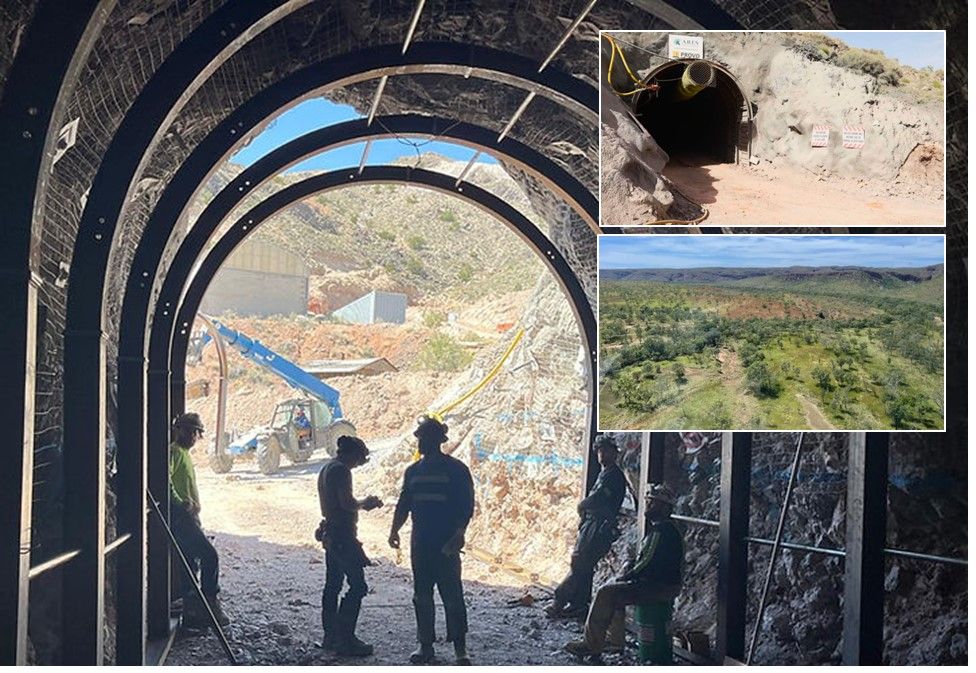
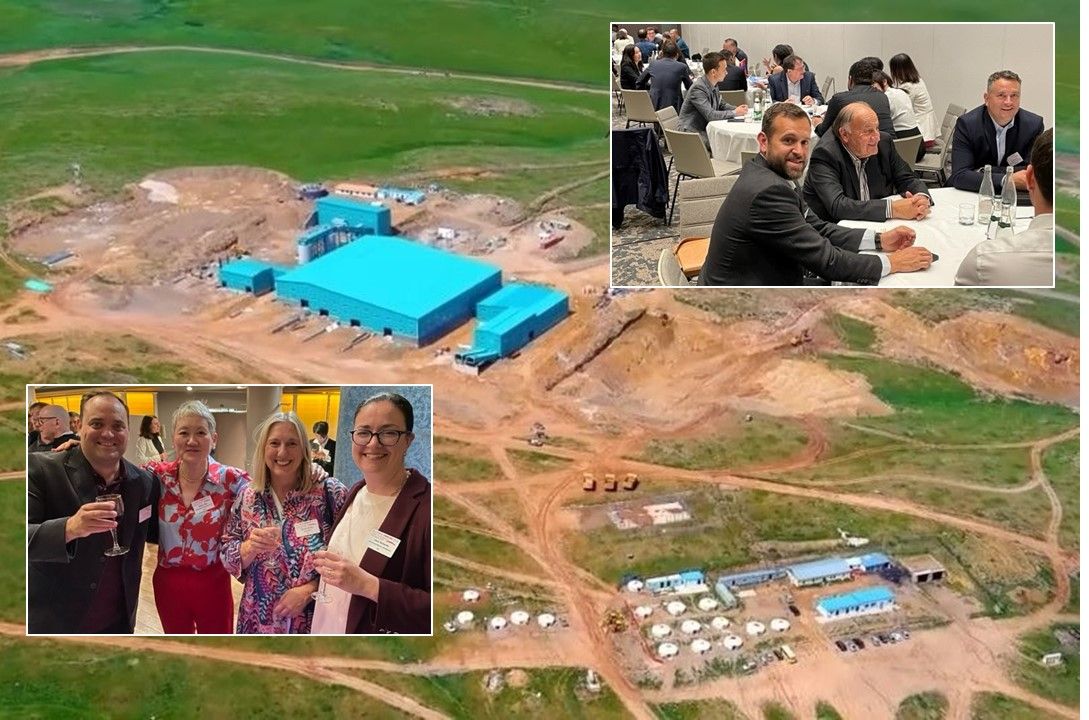
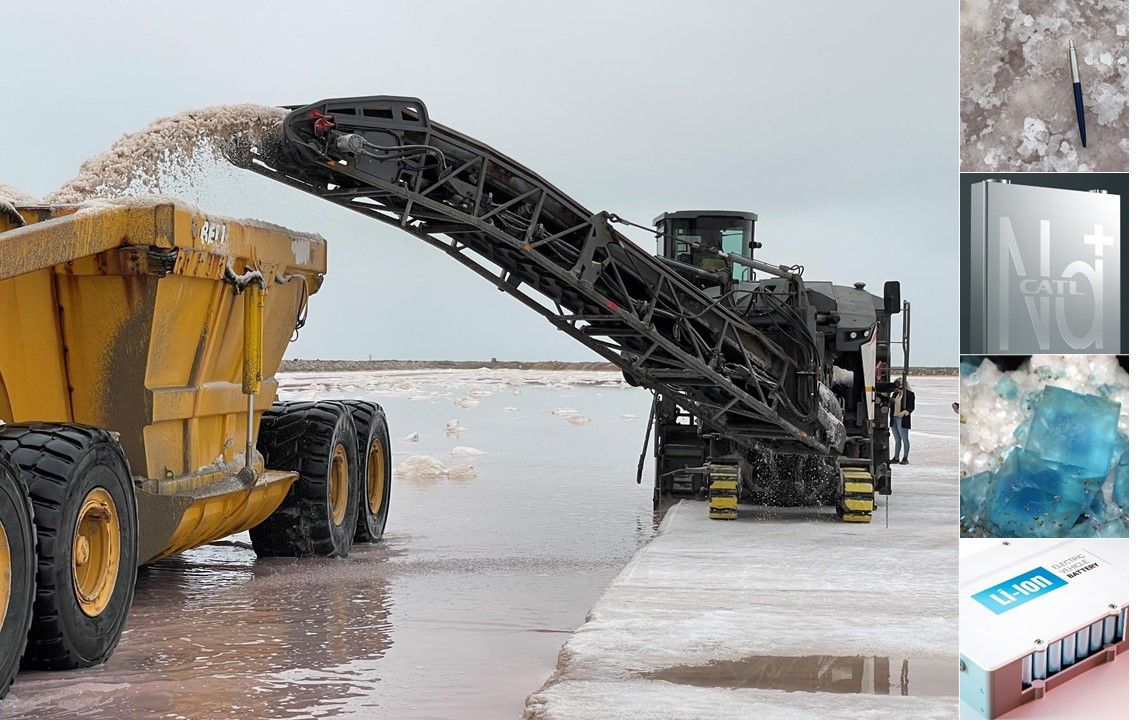
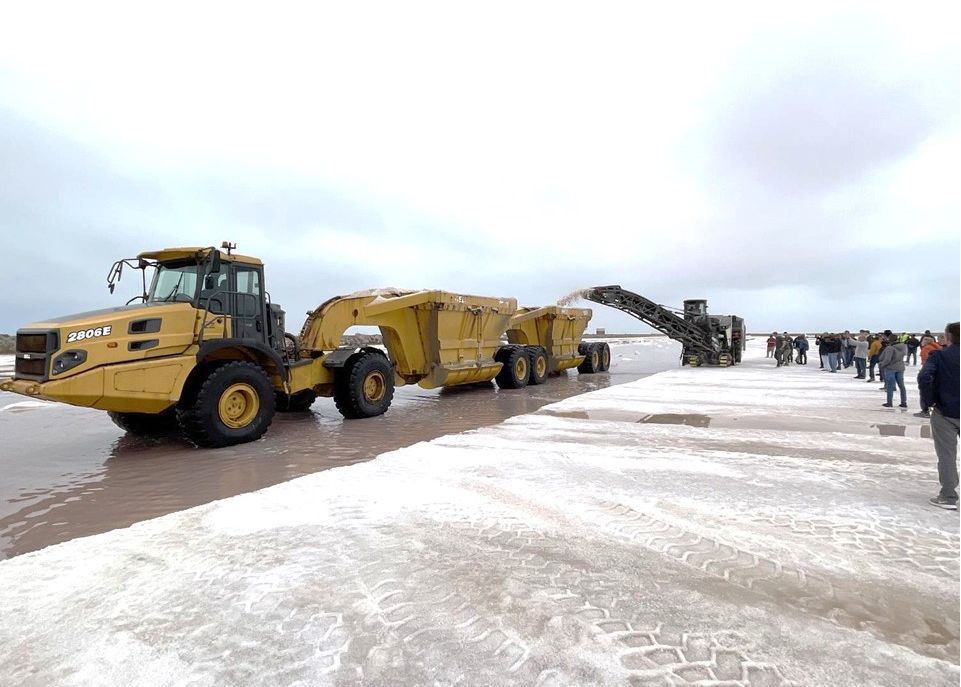
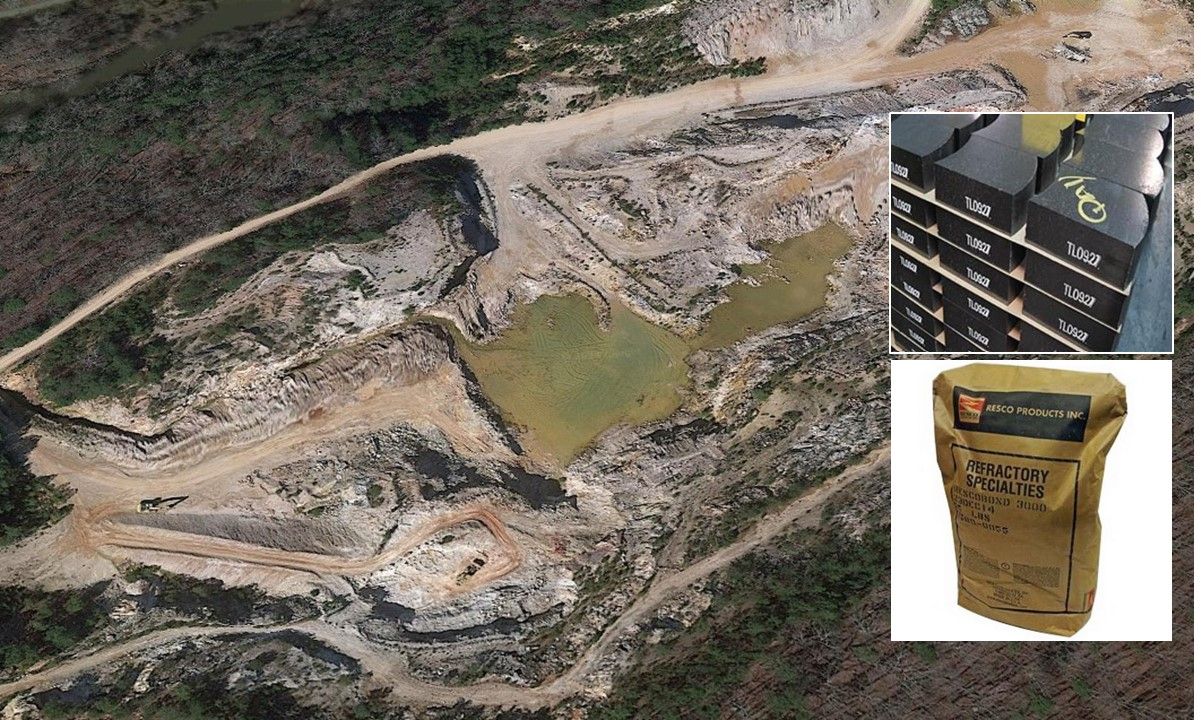
Leave A Comment